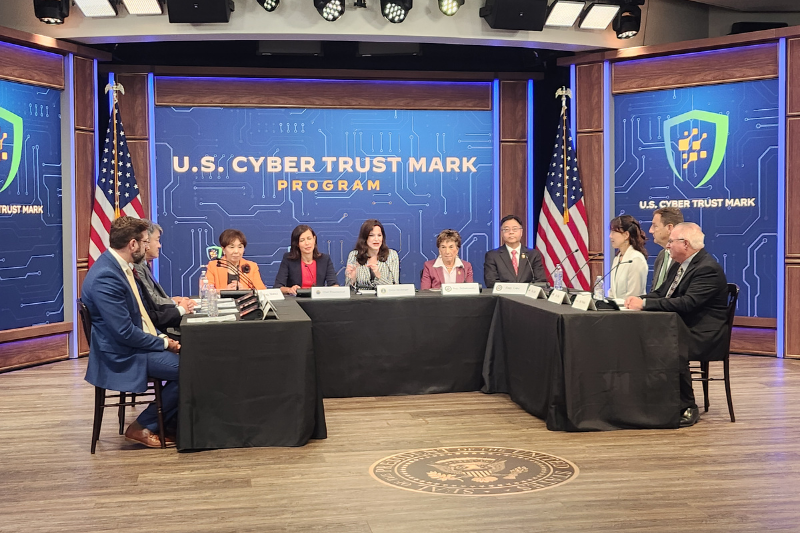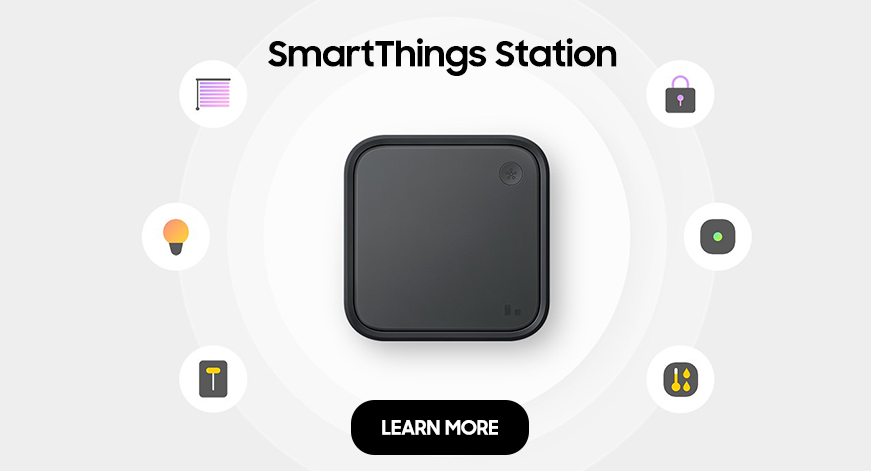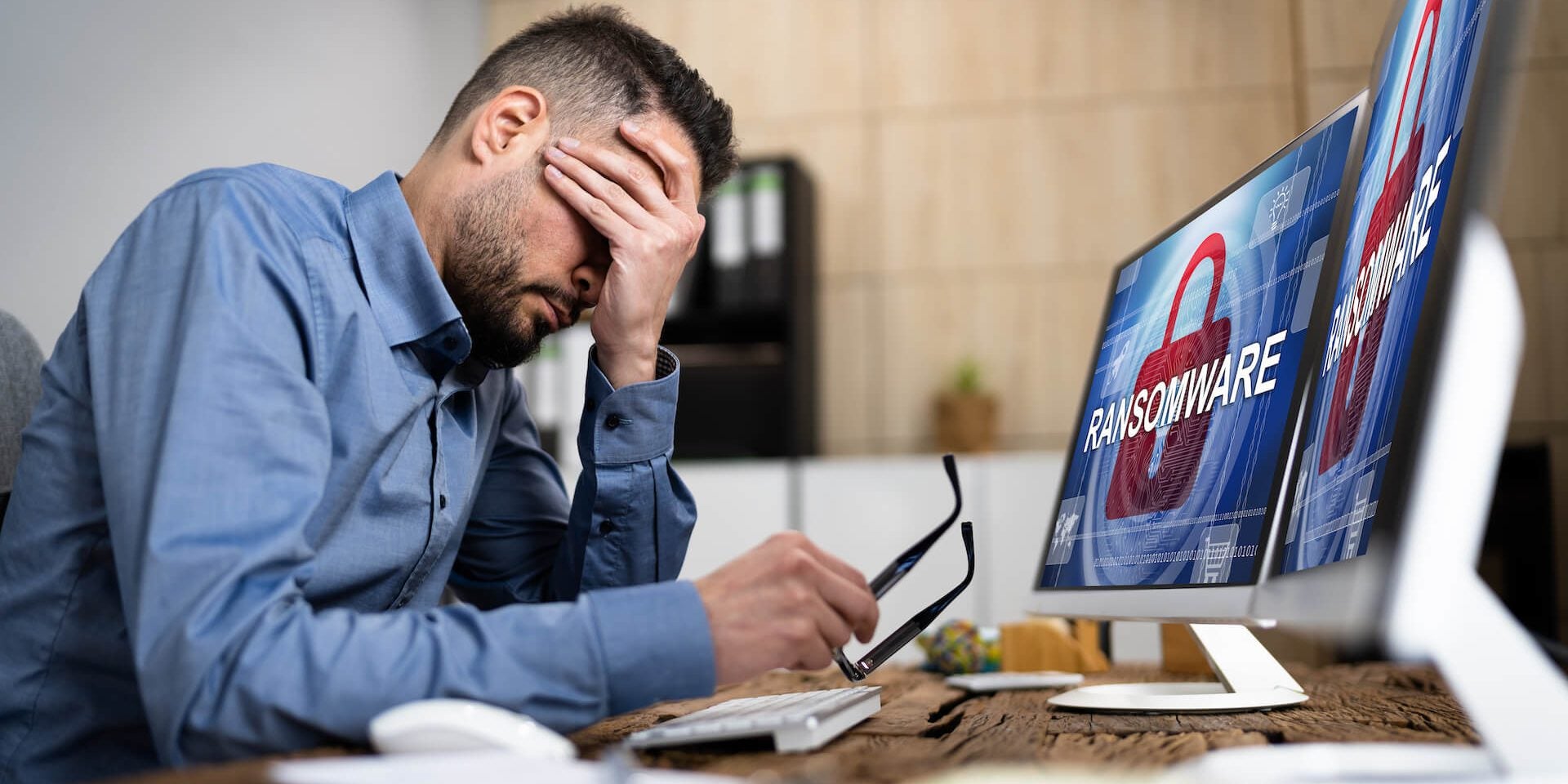Samsung Partners with the White House to Launch a Cybersecurity Labeling Program to Protect American Consumers
On July 18, 2023, the White House auditorium served as the backdrop for a significant milestone in the convergence of the tech sector and government. Located in the Eisenhower Executive Office Building, steps away from the West Wing, it hosted the U.S. government’s announcement of the U.S. Cyber Trust Mark program, an initiative aiming to guide consumers toward cybersecurity-conscious purchasing decisions.
The U.S. Cyber Trust Mark is an initiative propelled into reality by Chairwoman Jessica Rosenworcel of the Federal Communications Commission, with robust support from both the White House and the National Security Council. Its aim is to introduce a labeling system for consumer electronics and appliances, providing a valuable key to understanding the cybersecurity strengths and weaknesses of products people bring into their homes. This move will empower consumers, enabling them to make well-informed decisions about the technological devices they choose to incorporate into their daily lives.
As a global tech giant, and a longtime proponent of cybersecurity, has been a longstanding supporter of such measures. Ever since the company launched its security guidelines as part of the “Works with SmartThings” program in 2018 – a precursor to existing global Internet of Things (IoT) standards – it has championed voluntary cyber-labeling programs.
At a roundtable discussion held as part of the event, Samsung was represented by Jaeyeon Jung, Executive Vice President and Head of SmartThings. She relayed the company’s commitment to the U.S. Cyber Trust Mark initiative, underscoring it as a high-priority undertaking for Samsung. This commitment extends to Samsung’s own range of connected products as well as to the open multi-brand IoT ecosystem facilitated by the SmartThings platform.
Jung emphasized that SmartThings is not only a secure platform but also one that is open and interoperable. She noted that all devices integrated into this platform must pass rigorous functional testing to ensure seamless interoperability. In addition, they must undergo extensive security testing to guarantee





